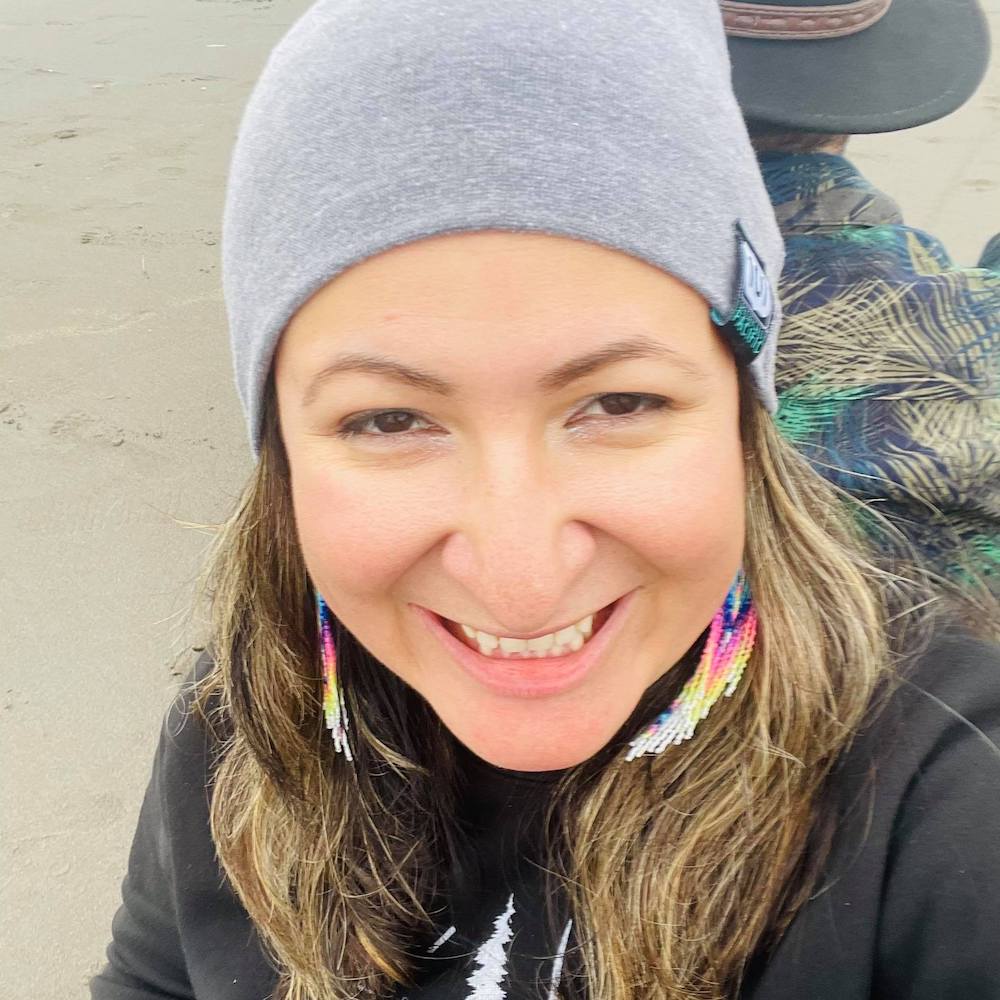
I hear it a lot. A common assumption due to the public's misunderstanding of people like me: "You don't look like someone who has diabetes."
It's not that I'm small. I am about an average size for a woman my age—a woman who has had two babies, one of whom was gigantic. Aurora, now 5, was 11.5 pounds when she was born. She had rolls upon rolls, extra swollen because of the IV we had been on for 36 hours while in labor. I finally gave in and admitted she wasn't coming out any other way but via C-section. One nurse told me that Aurora was the biggest baby she had ever seen.
The midwives I saw during my pregnancy initially missed my gestational diabetes, which affects up to 10 percent of pregnancies in the United States. Then they realized, during a routine check in, that Aurora was much bigger than they would expect at her gestational age. It was less than two months before my due date when we retested and realized that my blood sugar was out of control.
I had to cut out the sweets and start counting carbs, while also making sure I did my squats and daily walks. I was able to control my blood sugar with diet and exercise. I got bigger, and more uncomfortable, but it was manageable. Six months after Aurora was born, my A1C tested normal.
My second pregnancy was different.
Right from the beginning, my blood sugar was off the charts. I can do this, I thought. I've done this before. However, no amount of dieting or exercise seemed to control my gestational diabetes the second time around. I restricted my carbs so much, I felt like I was starving, like my head was going to explode with hunger. I couldn't even focus on work.
I am a perfectionist, the kind of person who keeps daily to-do lists and enjoys checking items off my list as a measurement of my productivity. Failing to control my blood sugar drove me crazy. I was frustrated, and confused, and hungry—so hungry. What made matters worse is that my doctors and nutritionists continued to lecture me, as if I just wasn't trying hard enough.
Going on insulin felt akin to giving up, but when I did, all I felt was relief. My body responded quickly—I instantly felt more energetic, clear-headed. I was finally able to eat a reasonable amount of carbs, and I wasn't so hungry.
Acacia was born a "normal" 7.5 pounds. I didn't have to use insulin after her birth, and I delighted in being able to loosen up my dietary restrictions. I thought it was over.
Six months went by, and I tested high on my A1C—prediabetes. I started counting carbs again, increased the length and frequency of my walks. Six months later, my doctor prescribed me Metformin and changed my diagnoses. I became a full-fledged diabetic—that happens to about 50 percent of women who had gestational diabetes.
It was happening all over again, but this time, it wasn't situational due to a pregnancy. My body just couldn't process sugar anymore. I felt like a failure all over again.
What I learned, after doing my own research and talking to my doctor and other diabetics, is that sometimes the body just doesn't respond to changes in diet and exercise. Diabetes can develop regardless of lifestyle, although unhealthy lifestyles and habits can increase one's chances of developing Type 2 diabetes. Some people are born with Type I diabetes, and some are predisposed to develop it due to genetics.
Diabetes can be frustrating to manage sometimes, but I've come to appreciate it, in a way. If I weren't diabetic, I wouldn't prioritize my health the way I do now. I've become more careful about everything I put into my body, about making sure I'm active every day and that I get a healthy amount of vegetables and protein. A lot of what goes into effective diabetes management has to do with simply adhering to a healthy lifestyle, taking your medications regularly, and checking in with your doctor.
Feeling healthy and active makes me feel good, and it makes me a better role model for my daughters. I take them on walks almost every day, and one of our favorite activities is holding impromptu dance parties in our kitchen. I've taken up kayaking and hiking, and I have started doing overnight mountain hikes. I ordered a standing desk and make sure I get up and move around often during my work day.
I'm not saying I'm glad I have diabetes, or that diabetes is a blessing. It is challenging and can be very scary and/or demoralizing. However, it's helped me to prioritize my health early on in life, before habits get harder to change or health deteriorates. And because I am healthier, so are my daughters. For that, I am grateful.





